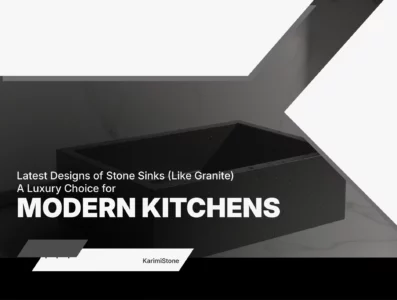
Post Page
Freeze-Thaw | Comparison of limestone and granite

Introduction
In the world of construction, the performance of natural stones such as limestone and granite are critical in terms of durability, especially in climates subject to freezing temperatures. The phenomenon of freeze-thaw cycles, in which water infiltrates a material, freezes, expands, and then thaws, can significantly degrade the structure and appearance of natural stone. Choosing the right stone is essential for ensuring long-lasting performance, particularly in exterior applications where the stone is exposed to the elements. This article provides an in-depth comparison of the freeze-thaw resistance of limestone and granite, analyzing their different properties, and offering insight into how Negin Sang Karimi(Karimi Stone), a leader in the stone industry, provides expertise and materials that withstand even the harshest weather conditions.
Understanding the Freeze-Thaw Cycle in Natural Stones
The freeze-thaw cycle is a critical environmental factor that can degrade stone over time. When water enters the pores of a stone and temperatures drop below freezing, the water expands by approximately 9%, exerting pressure on the stone’s structure. This can lead to cracking, spalling (flaking), and eventual deterioration.
Factors Affecting Freeze-Thaw Durability:
- Porosity: Rocks with high porosity allow more water to enter, making them more vulnerable.
- Water Absorption Rate: Rocks with lower absorption rates are more resistant because they absorb less water.
- Mineral Composition:Different mineral structures react differently to temperature changes, affecting the rock’s resistance.
Freeze-Thaw Resistance of Limestone
Composition and Structure
Limestone is a sedimentary rock primarily composed of calcium carbonate (CaCO₃). It is typically more porous than igneous rocks like granite, making it more susceptible to water infiltration. Porosity and water absorption are key factors in determining how limestone reacts to freeze-thaw cycles.
Impact of Freeze-Thaw on Limestone
- High Porosity: Limestone, due to its porous nature, tends to absorb more water. This makes it more vulnerable to freeze-thaw damage, particularly if not properly sealed.
- Weathering and Cracking: Over time, the freeze-thaw cycle can cause limestone to develop cracks, which may compromise the stone’s structural integrity and aesthetics.
- Surface Spalling: One of the most common forms of damage in limestone is surface spalling, where small pieces of the stone break off due to internal pressure from freezing water
Preventive Measures for Limestone
To minimize damage:
- Sealing: Proper sealing of limestone can significantly reduce water absorption, making it more resistant to freeze-thaw cycles.
- Dry Installation: Using dry installation methods creates a gap between the stone and the structure, allowing for air circulation, which helps to reduce moisture buildup and the associated risks
- Regular Maintenance: Reapplication of sealants and periodic inspection for cracks can extend the life of limestone in freeze-prone areas.
Freeze-Thaw Resistance of Granite
Composition and Structure
Granite, on the other hand, is an igneous rock composed mainly of quartz, feldspar, and mica. Its formation under intense heat and pressure results in a very dense, non-porous structure. Granite’s low porosity and high compressive strength make it much more resistant to freeze-thaw cycles than limestone.
Impact of Freeze-Thaw on Granite
- Low Porosity: Granite absorbs far less water than limestone, making it highly resistant to the expansion forces caused by freezing water.
- Minimal Cracking: Due to its dense structure, granite rarely cracks from freeze-thaw cycles, even in extremely cold climates.
- High Durability: Granite’s toughness makes it ideal for use in outdoor applications, such as pavements, facades, and monuments, where it can withstand harsh environmental conditions
Preventive Measures for Granite
- Proper Installation: Ensuring correct installation techniques, such as dry installation, can help prevent any moisture buildup beneath the stone.
- Water Drainage: Ensuring proper drainage around the installation site helps prevent water pooling, which can lead to frost damage over time.
Comparing Freeze-Thaw Performance of Limestone and Granite
When it comes to freeze-thaw resistance, granite outperforms limestone in several critical areas:
- Water Absorption: Granite has a much slower water absorption rate than limestone, reducing the risk of vulnerability.
- Durability: Granite’s dense structure gives it an edge in durability, while limestone’s porosity makes it more susceptible to cracking and spalling.
- Applications: While limestone is often chosen for its aesthetic appeal, especially in traditional or rustic designs, granite is the better choice for areas exposed to extreme weather conditions.
Expertise of Negin Sang Karimi(Karimi Stone) in Managing Freeze-Thaw Issues
At Negin Sang Karimi(Karimi Stone), we specialize in sourcing, selecting, and installing natural stones that are suitable for a wide range of environmental conditions, including those subject to freeze-thaw cycles. Our team of experts is proficient in:
- Stone Selection: We carefully evaluate each stone’s properties, ensuring the right match for your project based on local climate conditions.
- Installation Techniques: Using advanced dry installation methods, we provide proper ventilation and moisture management to ensure long-lasting durability for both limestone and granite.
- Comprehensive Maintenance Plans: We offer customized maintenance programs to help protect your investment and ensure that your stone continues to perform well over the years, even in harsh weather conditions.
To learn more about how Negin Sang Karimi(Karimi Stone) can assist with your next project, visit our website at (www.karimistone.com)
Conclusion: Choosing Between Limestone and Granite
In conclusion, both limestone and granite offer distinct benefits for construction, but when considering freeze-thaw resistance, granite is the superior choice due to its low porosity and high durability. For those seeking expert advice on how to choose and install the right stone for your project, Negin Sang Karimi (Karimi Stone) offers unmatched expertise in managing the complexities of natural stone installation, ensuring long-lasting beauty and performance.




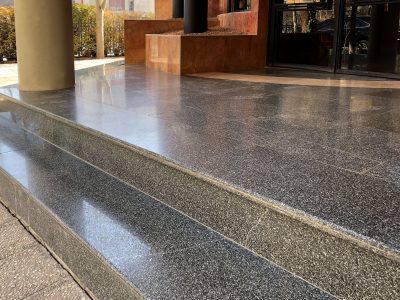

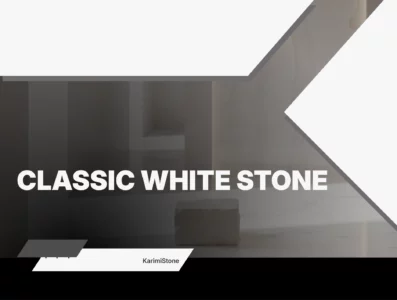
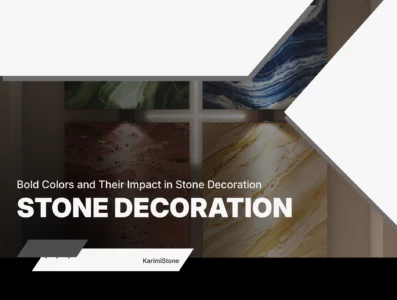
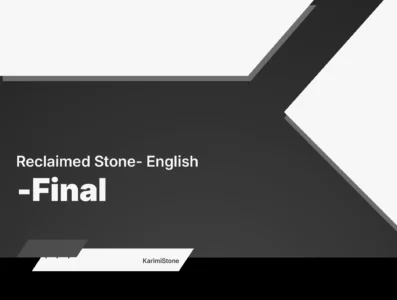
 Online Catalogue
Online Catalogue
